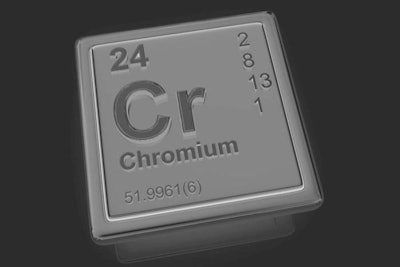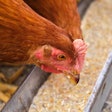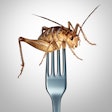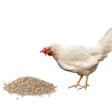
Pigs and poultry do not require supplementation with chromium to thrive. Chromium is an essential nutrient, but enough is provided by natural feedstuffs to cover their modest requirements. Indeed, National Research Council publications for pigs and poultry do not report any chromium requirements. As such, chromium — a trace mineral like iron and zinc — is not part of basic trace mineral premixes used in pig and poultry feeds worldwide.
Chromium in specific forms is an additive prodigal in beneficial claims, sold in many countries. Is there something missing or overseen by the above scientific bodies? Indeed, as a field nutritionist, I keep receiving questions regarding the use of chromium in diets for monogastric animals, most of them precipitating from ongoing advertisements and marketing.
Here, I need to bring your attention to a very useful publication, which is outdated but still captures the dilemma regarding chromium supra-nutritional supplementation: “The role of chromium in animal nutrition” published in 1997 by the National Research Council. From this book, I only need to quote two phrases to expose the dilemma faced by nutritionists:
“…controversy exists, however, over whether chromium sources should be approved as feed additives and whether enough data exist to establish dietary requirements…”
Nevertheless, the same source does not ignore the plethora of good news when it comes to chromium, stating:
“…chromium use has been suggested to have positive impacts on farm profitability, and many animal health benefits have been attributed to chromium supplementation, including increased longevity; enhanced reproduction; decreased incidence of metabolic disorders, stress effects, and disease; reduced need for antibiotic usage; improved immune response; and lean carcass quality…”
Quite an impressive list of claims, I must admit. Of course, research continues since 1997, but results remain equally puzzling. So, one is excused to ask, what to do now? I must disclose that I have had customers that had good success using chromium whereas others saw no improvement. At the end, my recommendation remains the same: until we’re provided with the tools to discern when supra-nutritional chromium supplementation might be of some benefit, chromium additives must be approached on a farm-specific basis. That is, proceed with caution!

















